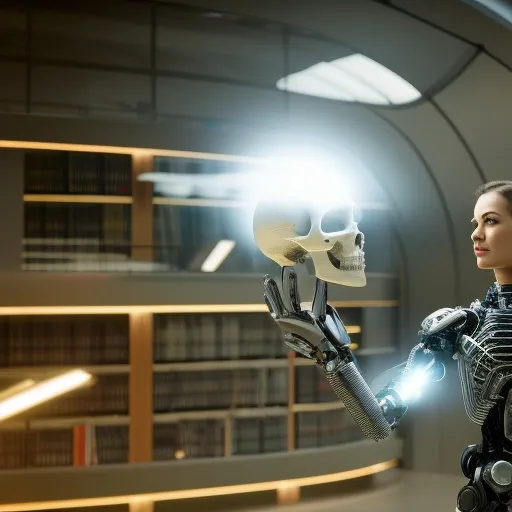ChatGPT: Not Just a Tool, But a Co-Pilot in Your Digital Journey
In the rapidly evolving landscape of artificial intelligence, ChatGPT stands out—not merely as a tool but as a co-pilot, guiding users through the complexities of information and communication in an increasingly digital world. This shift from viewing AI as a simple utility to seeing it as a partner marks a significant leap in how we interact with technology. The Evolution of ChatGPT Developed by OpenAI, ChatGPT is a state-of-the-art language processing AI system built on the GPT (Generative Pre-trained Transformer) architecture. What sets ChatGPT apart from earlier iterations of chatbots and digital assistants is its profound contextual understanding and its ability to generate responses that are not only relevant but often insightful and nuanced. Initially, users might approach ChatGPT with the expectation of a straightforward tool, a means to an end—be it generating text, answering questions, or completing tasks. However, as they interact more, they realize ChatGPT offers much more
